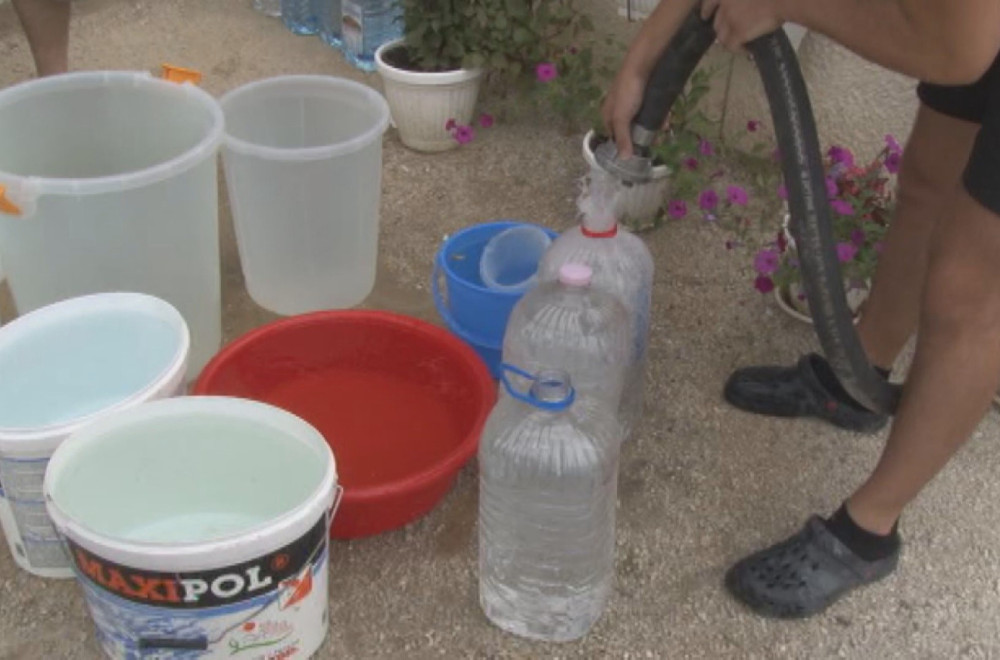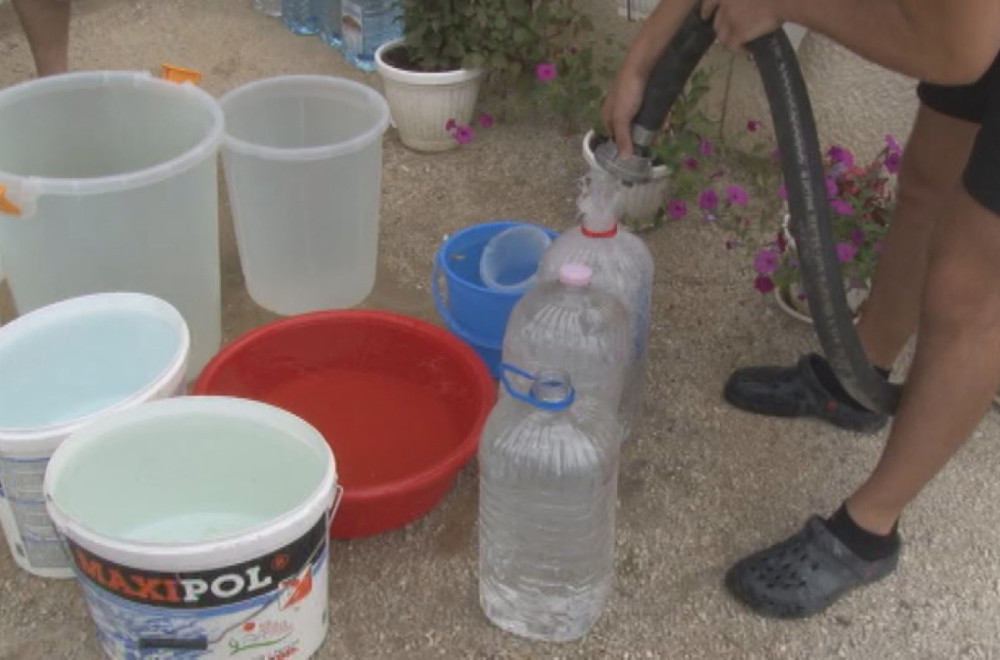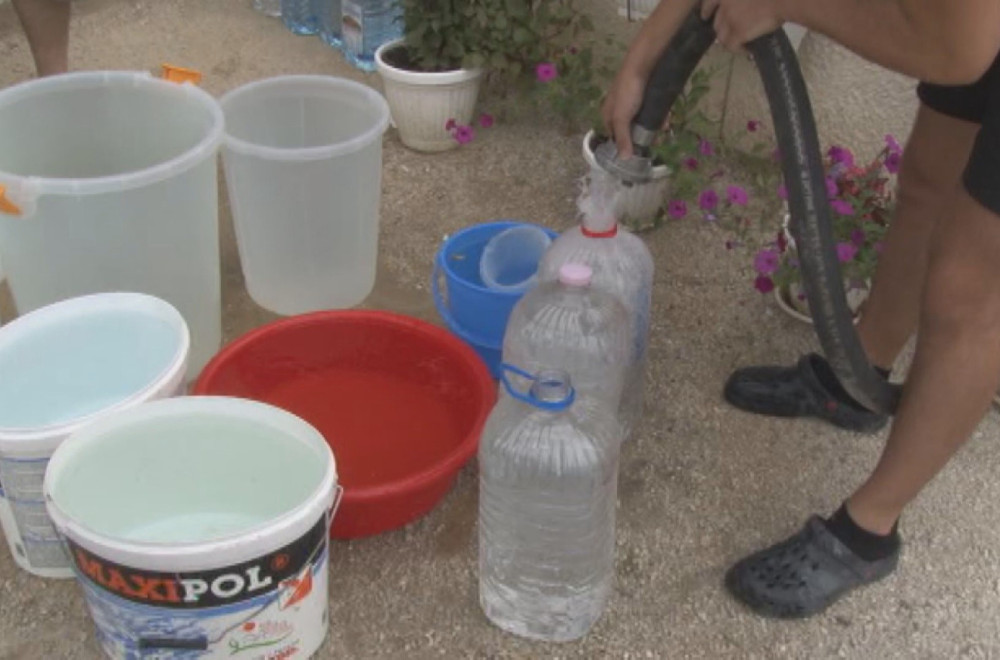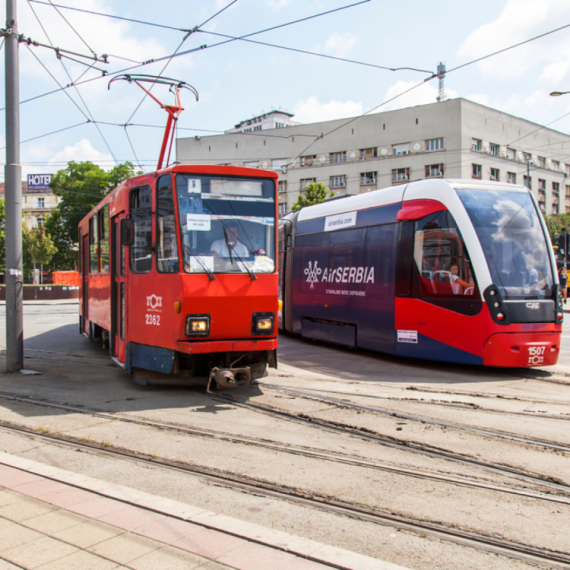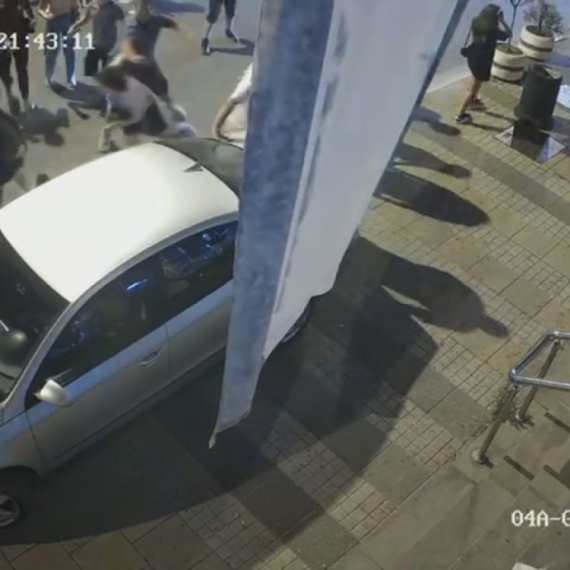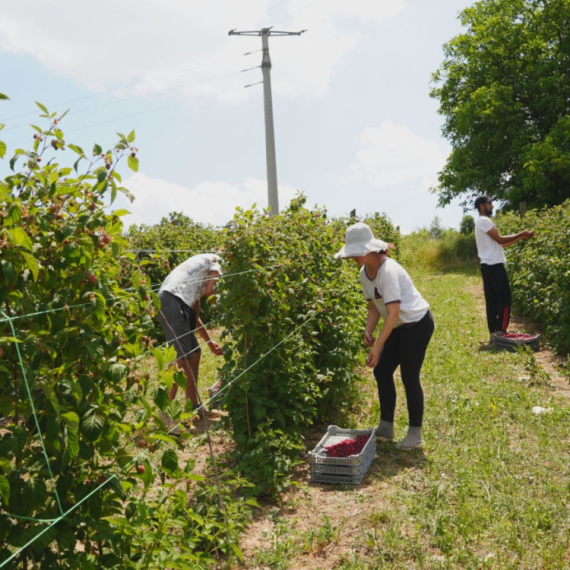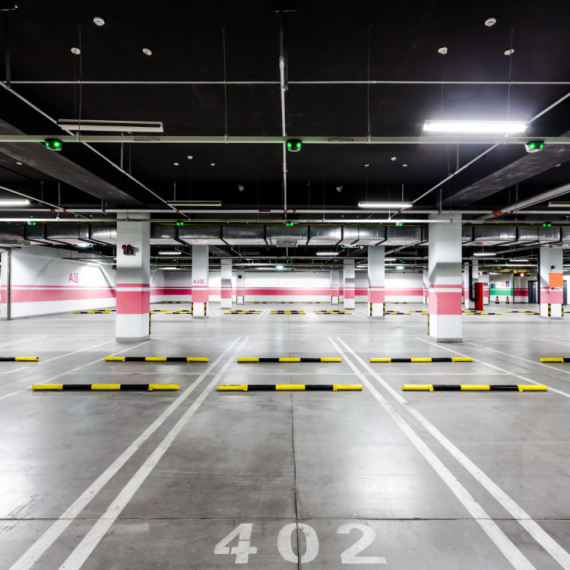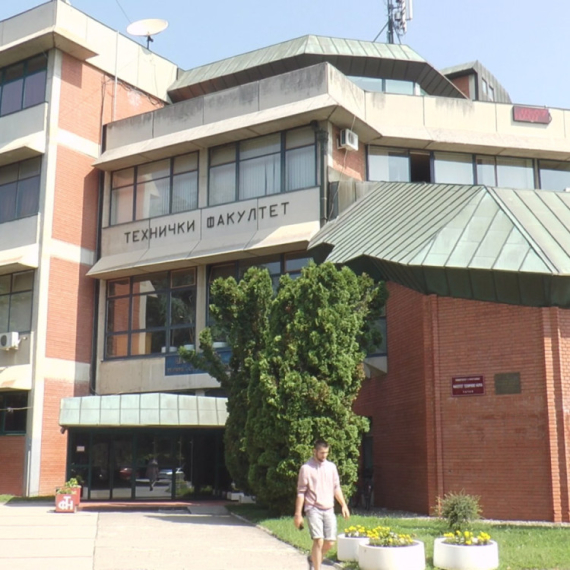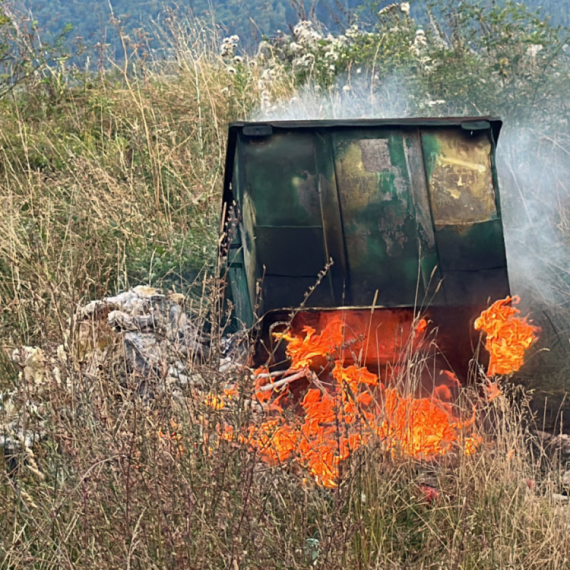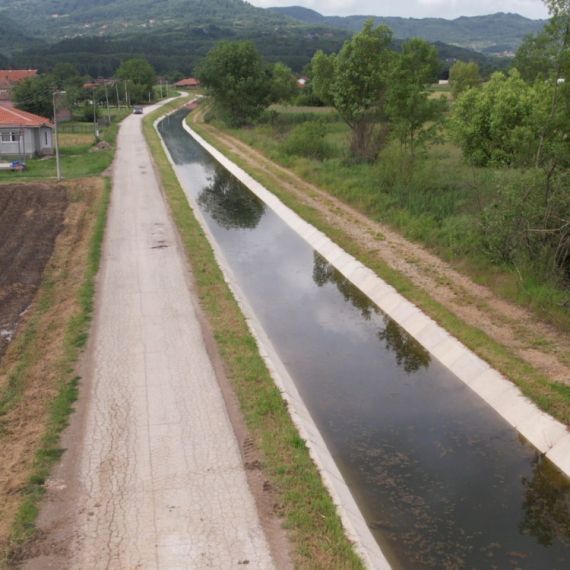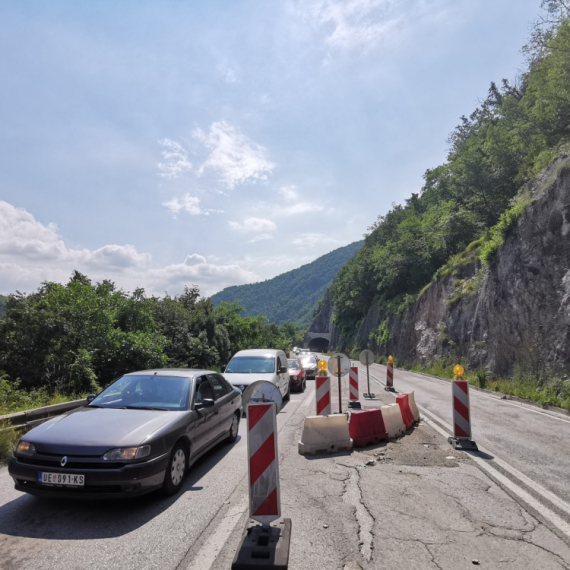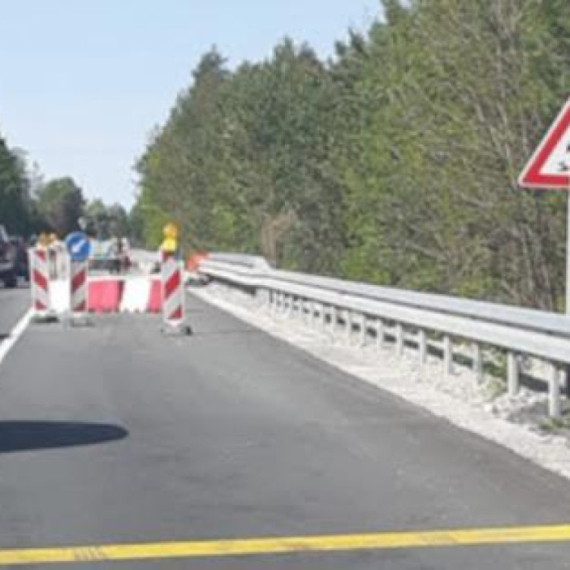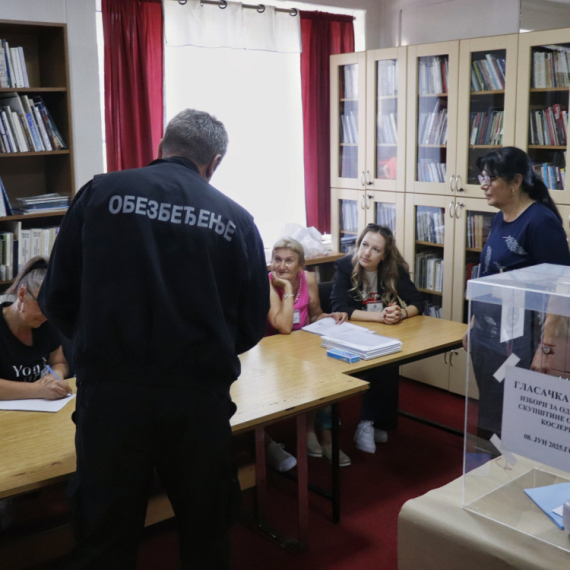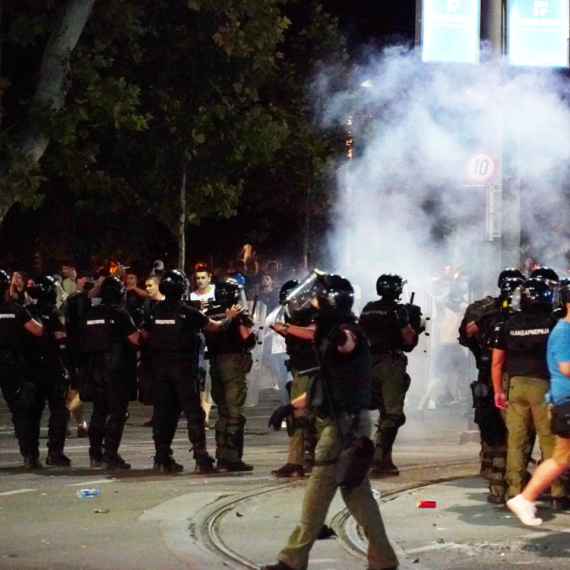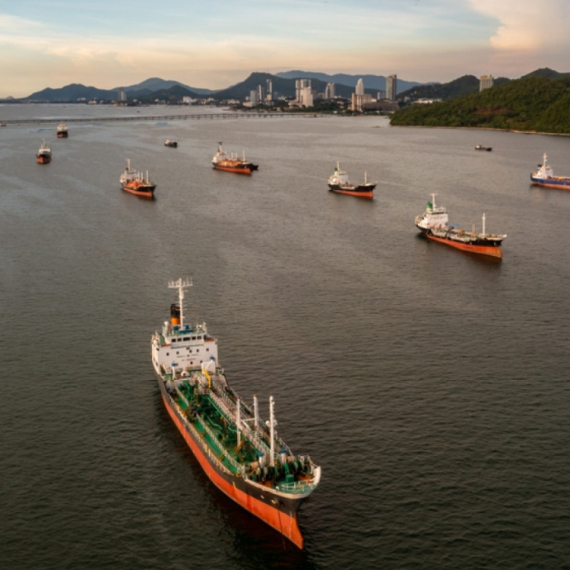Water for Bresnica: After 30 Years of Struggle, But Problems Still Loom!
Imagine living in a village where drinking water has been unavailable for decades! This is not a movie scene but the reality for the residents of Bresnica, a village near Čačak. After more than 30 years of waiting, the end of their suffering is finally in sight – the first water connections will be realized within the next month. But is this really the end of the problems or just the beginning of a new drama?
Decades of Water Shortage
Residents of Bresnica have struggled with water shortages for years, especially during hot summer days. Many were forced to use water from local rivers and streams for basic needs, including watering crops and feeding livestock. A small percentage of households had access to city water, but most had to improvise.
A Project That Was Supposed to Solve Everything
Talks about solving the water supply problem in Bresnica started back in the 1990s. Only a year ago, the city leadership of Čačak launched a concrete project to build a distribution network with a reservoir and booster station. The project was allocated 70 million dinars, and the works have intensified and are now nearing completion.
The director of JKP Moravac, Srđan Bosančković, points out that in the first phase, about ten households will get water connections, while other residents will be gradually included. However, the works faced obstacles – some residents blocked the works due to personal issues, mostly related to road infrastructure.
Rational Consumption or Chaos?
Although water will finally arrive, the problems are not over. JKP Moravac warns about irrational water consumption during summer months, which puts pressure on the system. Users often use water for watering gardens, orchards, and greenhouses, which further burdens the network. Therefore, a proposal was submitted to the city council to adopt a decision on rational water consumption, and sanctions against irresponsible consumers are expected.
The Beginning of a New Era or Just a Temporary Solution?
After three decades of waiting, the residents of Bresnica can finally hope for a better life with water in their homes. But will the system withstand the pressure, and will everyone get water on time? Will local authorities manage to control consumption and prevent new problems?
This story is a perfect example of how decade-long problems can drag on and how serious and responsible policies are needed to solve them. And while we wait to see how things will unfold, maybe it’s time to ask – how many more villages in Serbia are waiting for such basic services?
What do you think? Is this the final end of Bresnica’s struggles or just the start of a new fight? Share your thoughts, maybe your story will inspire change!





